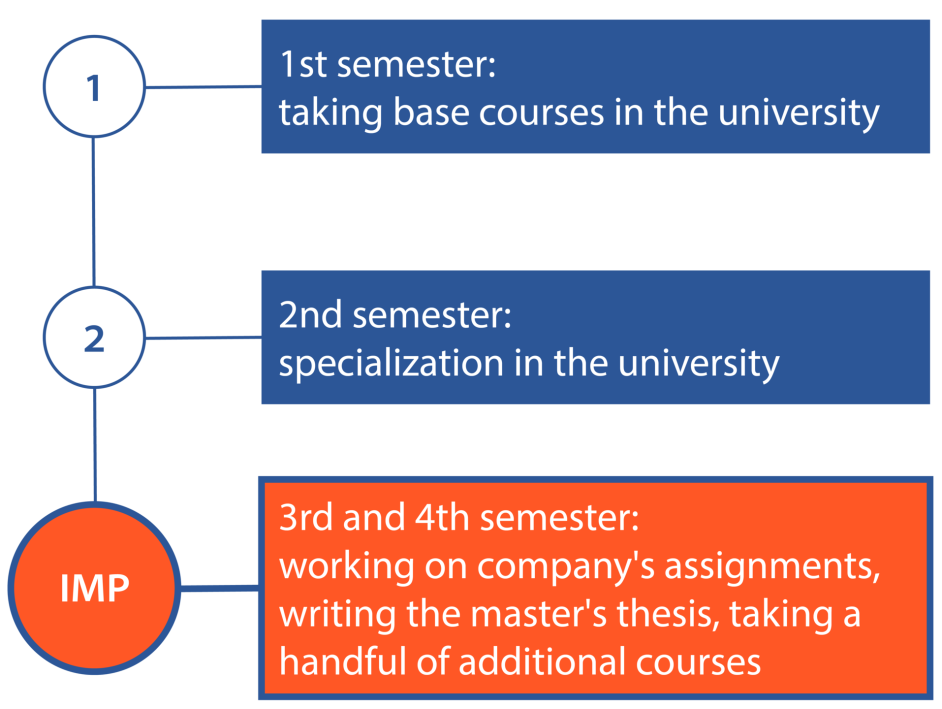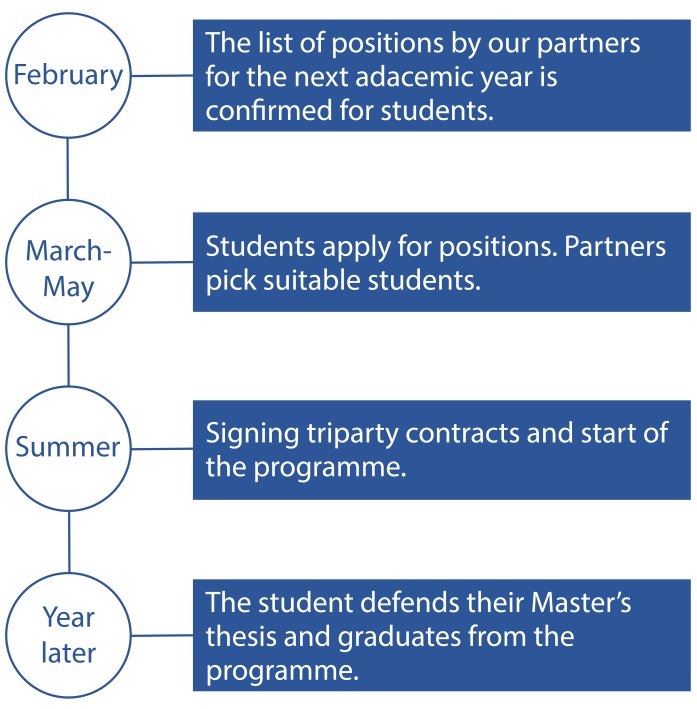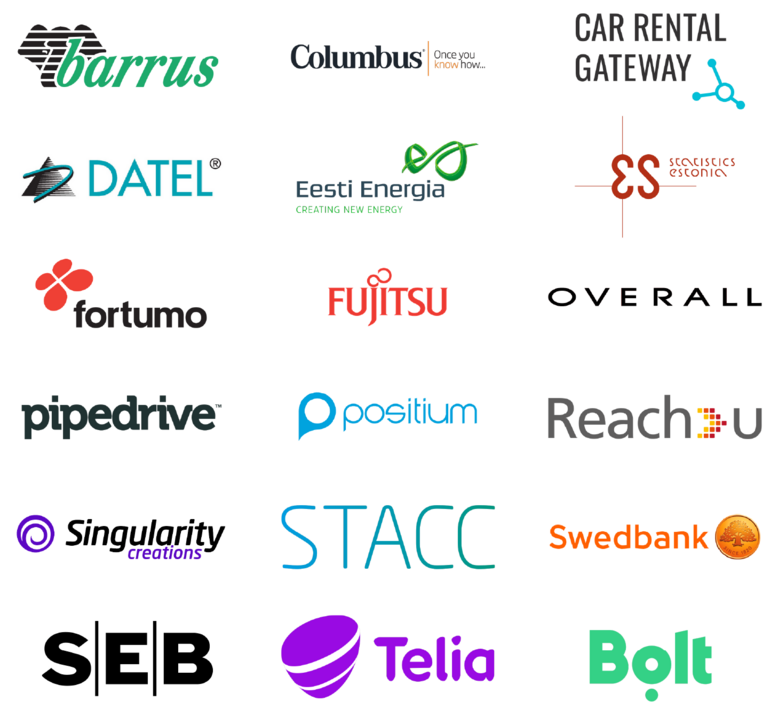-
Faculty of Arts and HumanitiesDean's Office, Faculty of Arts and HumanitiesJakobi 2, r 116-121 51005 Tartu linn, Tartu linn, Tartumaa EST0Institute of History and ArchaeologyJakobi 2 51005 Tartu linn, Tartu linn, Tartumaa EST0Institute of Estonian and General LinguisticsJakobi 2, IV korrus 51005 Tartu linn, Tartu linn, Tartumaa EST0Institute of Philosophy and SemioticsJakobi 2, III korrus, ruumid 302-337 51005 Tartu linn, Tartu linn, Tartumaa EST0Institute of Cultural ResearchÜlikooli 16 51003 Tartu linn, Tartu linn, Tartumaa EST0Institute of Foreign Languages and CulturesLossi 3 51003 Tartu linn, Tartu linn, Tartumaa EST0School of Theology and Religious StudiesÜlikooli 18 50090 Tartu linn, Tartu linn, Tartumaa EST0Viljandi Culture AcademyPosti 1 71004 Viljandi linn, Viljandimaa EST0Professors emeriti, Faculty of Arts and Humanities0Associate Professors emeriti, Faculty of Arts and Humanities0Faculty of Social SciencesDean's Office, Faculty of Social SciencesLossi 36 51003 Tartu linn, Tartu linn, Tartumaa EST0Institute of EducationJakobi 5 51005 Tartu linn, Tartu linn, Tartumaa EST0Johan Skytte Institute of Political StudiesLossi 36, ruum 301 51003 Tartu linn, Tartu linn, Tartumaa EST0School of Economics and Business AdministrationNarva mnt 18 51009 Tartu linn, Tartu linn, Tartumaa EST0Institute of PsychologyNäituse 2 50409 Tartu linn, Tartu linn, Tartumaa EST0School of LawNäituse 20 - 324 50409 Tartu linn, Tartu linn, Tartumaa EST0Institute of Social StudiesLossi 36 51003 Tartu linn, Tartu linn, Tartumaa EST0Narva CollegeRaekoja plats 2 20307 Narva linn, Ida-Virumaa EST0Pärnu CollegeRingi 35 80012 Pärnu linn, Pärnu linn, Pärnumaa EST0Professors emeriti, Faculty of Social Sciences0Associate Professors emeriti, Faculty of Social Sciences0Faculty of MedicineDean's Office, Faculty of MedicineRavila 19 50411 Tartu linn, Tartu linn, Tartumaa ESTInstitute of Biomedicine and Translational MedicineBiomeedikum, Ravila 19 50411 Tartu linn, Tartu linn, Tartumaa ESTInstitute of PharmacyNooruse 1 50411 Tartu linn, Tartu linn, Tartumaa ESTInstitute of DentistryL. Puusepa 1a 50406 Tartu linn, Tartu linn, Tartumaa ESTInstitute of Clinical MedicineL. Puusepa 8 50406 Tartu linn, Tartu linn, Tartumaa ESTInstitute of Family Medicine and Public HealthRavila 19 50411 Tartu linn, Tartu linn, Tartumaa ESTInstitute of Sport Sciences and PhysiotherapyUjula 4 51008 Tartu linn, Tartu linn, Tartumaa ESTProfessors emeriti, Faculty of Medicine0Associate Professors emeriti, Faculty of Medicine0Faculty of Science and TechnologyDean's Office, Faculty of Science and TechnologyVanemuise 46 - 208 51003 Tartu linn, Tartu linn, Tartumaa ESTInstitute of Computer ScienceNarva mnt 18 51009 Tartu linn, Tartu linn, Tartumaa ESTInstitute of GenomicsRiia 23b/2 51010 Tartu linn, Tartu linn, Tartumaa ESTEstonian Marine Institute0Institute of PhysicsInstitute of ChemistryRavila 14a 50411 Tartu linn, Tartu linn, Tartumaa EST0Institute of Mathematics and StatisticsNarva mnt 18 51009 Tartu linn, Tartu linn, Tartumaa EST0Institute of Molecular and Cell BiologyRiia 23, 23b - 134 51010 Tartu linn, Tartu linn, Tartumaa ESTTartu ObservatoryObservatooriumi 1 61602 Tõravere alevik, Nõo vald, Tartumaa EST0Institute of TechnologyNooruse 1 50411 Tartu linn, Tartu linn, Tartumaa ESTInstitute of Ecology and Earth SciencesJ. Liivi tn 2 50409 Tartu linn, Tartu linn, Tartumaa ESTProfessors emeriti, Faculty of Science and Technology0Associate Professors emeriti, Faculty of Science and Technology0Institute of BioengineeringArea of Academic SecretaryHuman Resources OfficeUppsala 6, Lossi 36 51003 Tartu linn, Tartu linn, Tartumaa EST0Area of Head of FinanceFinance Office0Area of Director of AdministrationInformation Technology Office0Administrative OfficeÜlikooli 17 (III korrus) 51005 Tartu linn, Tartu linn, Tartumaa EST0Estates Office0Marketing and Communication OfficeÜlikooli 18, ruumid 102, 104, 209, 210 50090 Tartu linn, Tartu linn, Tartumaa EST0Area of RectorRector's Strategy OfficeInternal Audit OfficeArea of Vice Rector for Academic AffairsOffice of Academic AffairsUniversity of Tartu Youth AcademyUppsala 10 51003 Tartu linn, Tartu linn, Tartumaa EST0Student Union OfficeÜlikooli 18b 51005 Tartu linn, Tartu linn, Tartumaa EST0Centre for Learning and TeachingArea of Vice Rector for ResearchUniversity of Tartu LibraryW. Struve 1 50091 Tartu linn, Tartu linn, Tartumaa EST0Grant OfficeArea of Vice Rector for DevelopmentCentre for Entrepreneurship and InnovationNarva mnt 18 51009 Tartu linn, Tartu linn, Tartumaa EST0University of Tartu Natural History Museum and Botanical GardenVanemuise 46 51003 Tartu linn, Tartu linn, Tartumaa EST0International Cooperation and Protocol Office0University of Tartu MuseumLossi 25 51003 Tartu linn, Tartu linn, Tartumaa EST0

Industrial Master's Programme in IT for partners
Come take a soon-to-be leading IT specialist under your wing!
We invite companies to join us as a partner in the University of Tartu Institute of Computer Science Industrial Master’s Programme in IT. This programme pairs a selected Master’s student with your organisation who, in parallel with their studies, will create value for your organisation. By partnering with us, your company can play an active role in developing the next generation of top IT specialists and making a meaningful impact on IT education.
Create a position for students in your company by February 17 at the latest. If interested, contact Mari-Anne Suurpere.
For our partners, the Industrial Master's Programme in IT is an outstanding opportunity to find an individual among the next generation with a specific profile that fits their needs. By participating in the program, partners bring a systematic and scientific approach to their projects, and in the form of the academic supervisor to the student, have access to the expertise of a given field.

The programme takes place every year according to the following cycle:

To stay up-to-date regarding the news about the IMP, join the institute’s industry collaboration newsletter!
The program is for second-year (i.e., final-year) master’s students from four curricula: Computer Science, Software Engineering, Data Science, Conversion Master in IT. Students from those curricula acquire knowledge and skills to face a variety of IT-related challenges:
- software engineering (from requirements’ analysis to QA);
- algorithms and programming;
- distributed systems and IoT;
- machine learning and artificial intelligence;
- data science and databases;
- business analysis and IT management.
By the time collaboration begins, the students have acquired all core courses and a majority of specialization courses. If the partner feels that the applying student lacks knowledge and skills in a specific domain, the student can additionally take corresponding courses during the program.
The prerequisite for joining the program is that the partner must think through whom they are expecting to join them and what they would be doing there. The program manager will support you in figuring it all out. The most important aspects to figure out are:
- who will be the student’s supervisor in the company;
- what will the general assignments be about;
- what are the potential topics for master’s thesis;
- whether you want to communicate in Estonian and/or English.
If a partner reaches an agreement with an applying student, a three-way agreement will be signed between the student, the partner and the university. With the agreement, the partner takes the obligation to pay €1700 (+VAT) per month, €1000 of which the student receives as a scholarship.
What are the expectations for the supervisor designated by the partner?
The supervisor designated by the partner:
- is responsible that the student is on-boarded to the partner;
- formulates the internship assignments and provides feedback;
- ensures that the student and the academic supervisor get the necessary input for the master’s thesis;
- provides feedback to the program manager.
What is the role of the academic supervisor?
The principal objective of the academic supervisor is to make sure that the master’s thesis meets the partner’s expectations and the academic requirements. In addition to this, the academic supervisor may be consulted regarding other topics that the student tackles during the program.
What happens when the applying students don’t include a suitable candidate?
If that’s the case, there is no obligation to sign the contract and continue with the program.
What will happen once the student graduates the program?
Once the student successfully finishes the program, they will have also graduated from the university. By all accounts they have adapted to the day-to-day operations of the partner — if the fit is good, an employment offer may be made. There is no obligation to do so, however.

On the one hand, we want to do our part in helping the students get practical experience in data science, but on the other hand, this is clearly a profitable project for ourselves. Our own data science projects tend to be very strongly practically oriented, but in this program we can undertake things that maybe involve a certain scientific component.


